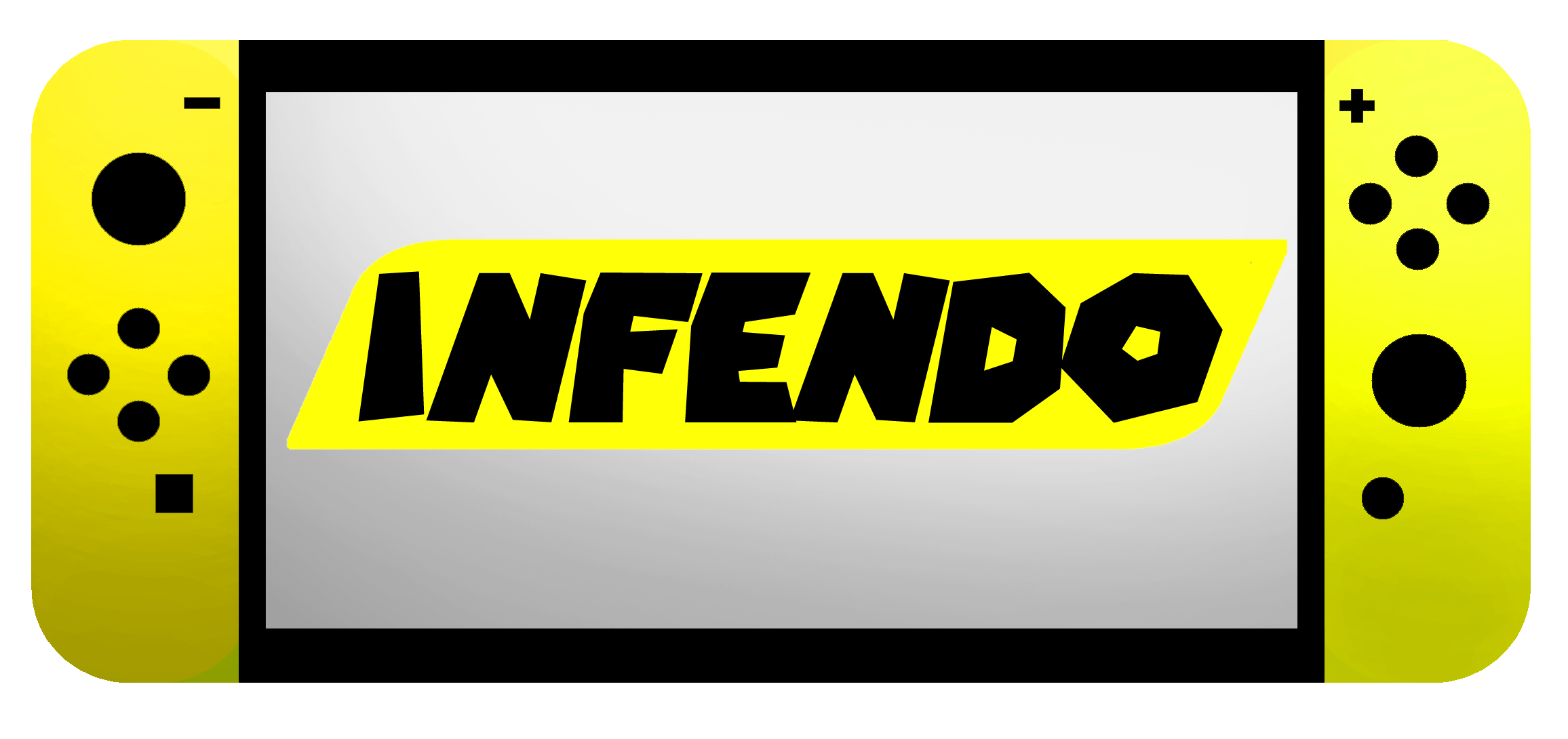
Nintendo is the most innovative video game designer in the world. That’s a historical fact. Not the only innovator, but undoubtedly the most prolific. Nevertheless, I greeted last week’s announcement of an enlarged DSi with as much enthusiasm as I would a new Star Fox game’by yawning.
Why the downer, you ask? Because unlike the NES, Game Boy, and many other Nintendo consoles before it, the DSi XL (as it’s called) doesn’t leverage a change in hardware to facilitate new software. Outside of a few aesthetic bells and whistles, the games stay the same. Admittedly, refresh products like updated iPods and DS Lites can reignite interest for a while, but at some point computing companies need to redesign their gadgets before they get stale. About to enter its sixth year and fourth generation with the XL model, the DS has officially cooled.
I understand that software has largely caught up with hardware these days, thereby obviating the need for overhauled consoles every five years. But as a seasoned gamer, its hard to get excited about the DS turning into Amazon Kindle, as opposed to embracing new digs that enable games that previously weren’t possible, like the original DS, the Nintendo 64, or Wii. Furthermore, I’m skeptical the DSi XL is the antidote Nintendo’s bottom line is looking for, after profit tumbled 52% last week, thanks to declining Wii sales and a lack of compelling games. It seems to me the the “new” handheld will enjoy a similar fate to the Game Boy micro; fun but not big enough for people to open their wallets or minds.
What Nintendo should do in the meantime is focus on releasing incredible new software for existing platforms, as both the DS and Wii ride into the sunset. Then wait a year before unveiling the next evolution in handheld and console gaming, including a proper virtual portable machine a la Virtual Console, and a backwards (and forwards) compatible Wii that supports HD.
To be fair, I thought the PSP would outsell what I originally called “the next Virtual Boy” (aka the Nintendo DS). And Nintendo successfully life-supported the Game Boy line with pocket and color iterations for 12 profitable years (1989-2001), before releasing a true successor in the Game Boy Advance. But I can’t help but think Nintendo is playing Apple’s hand a little too closely these days, while neglecting its own innovative roots.

